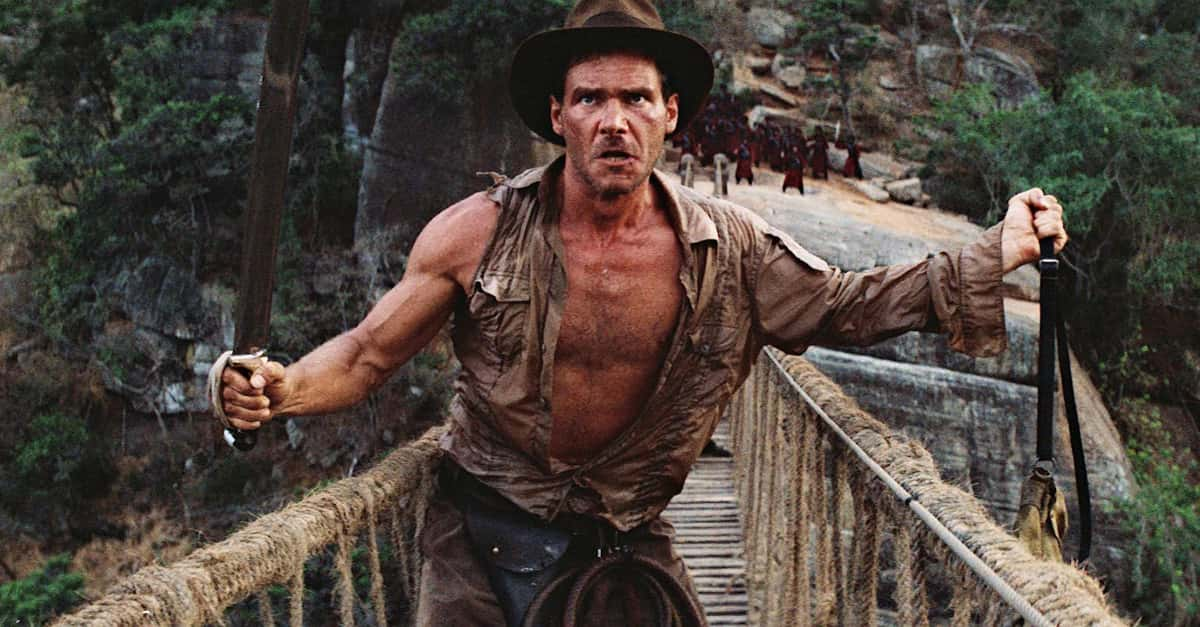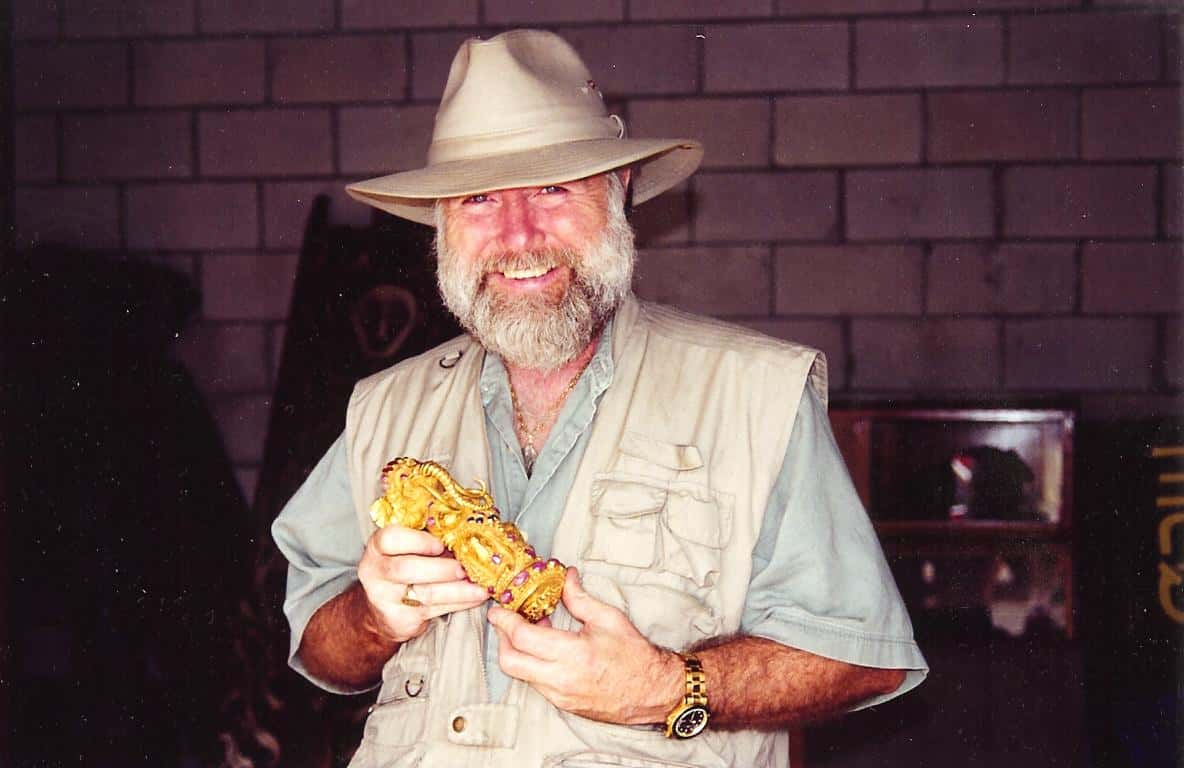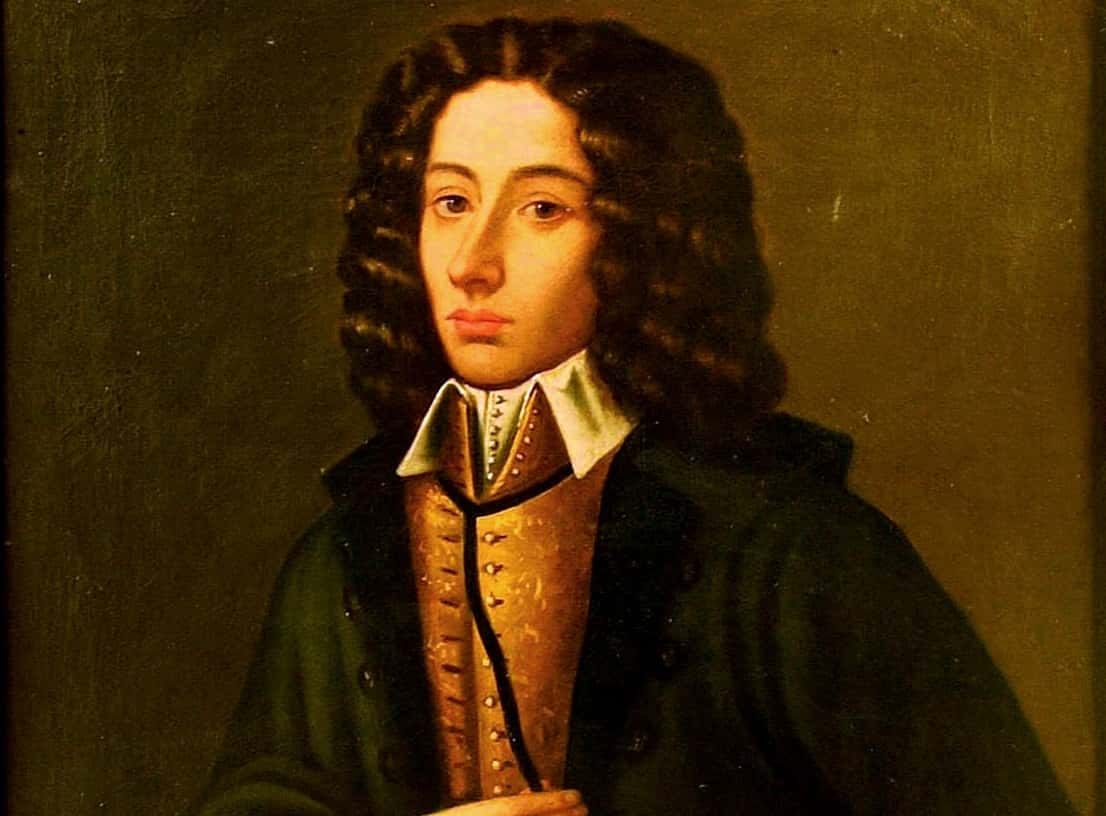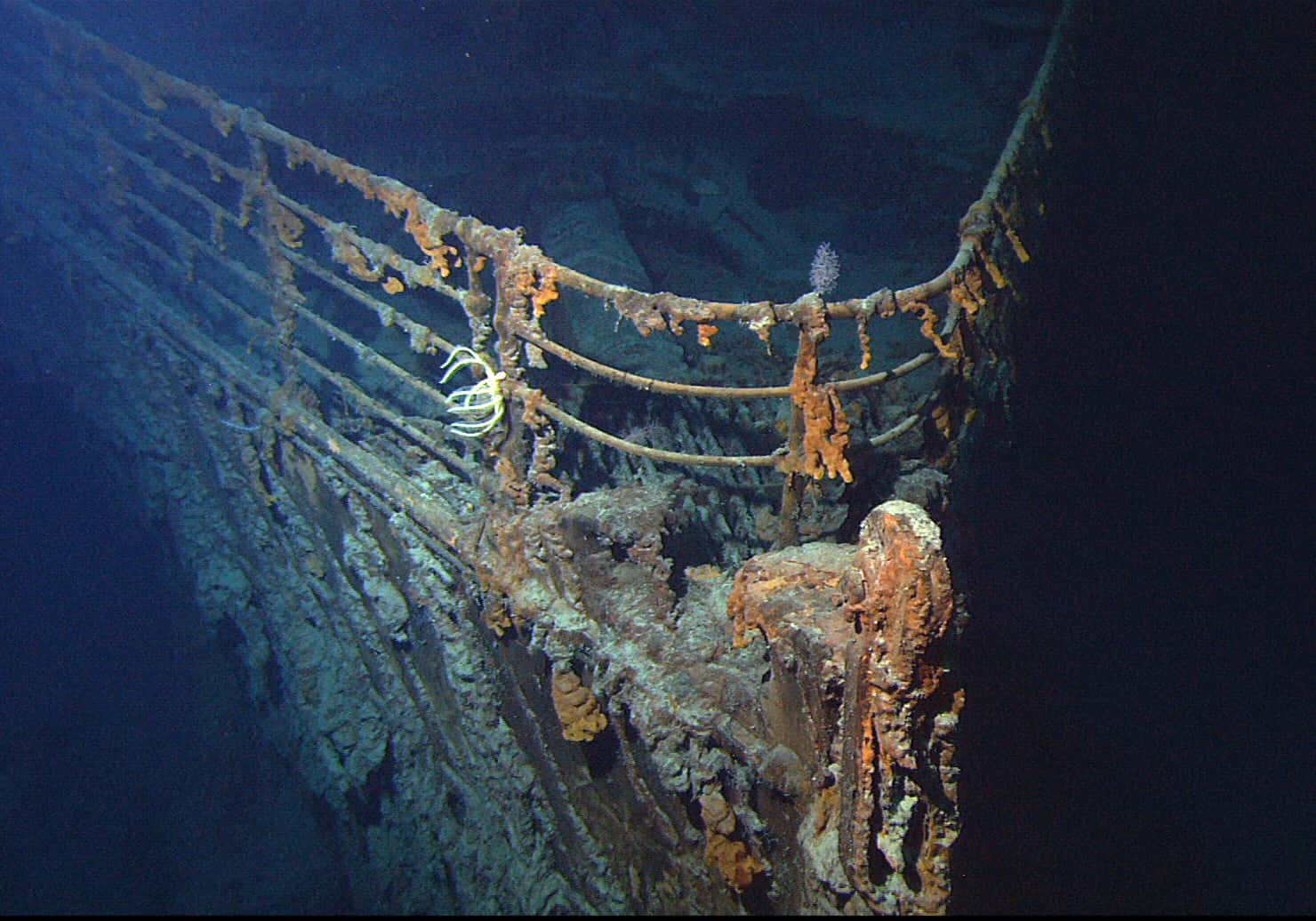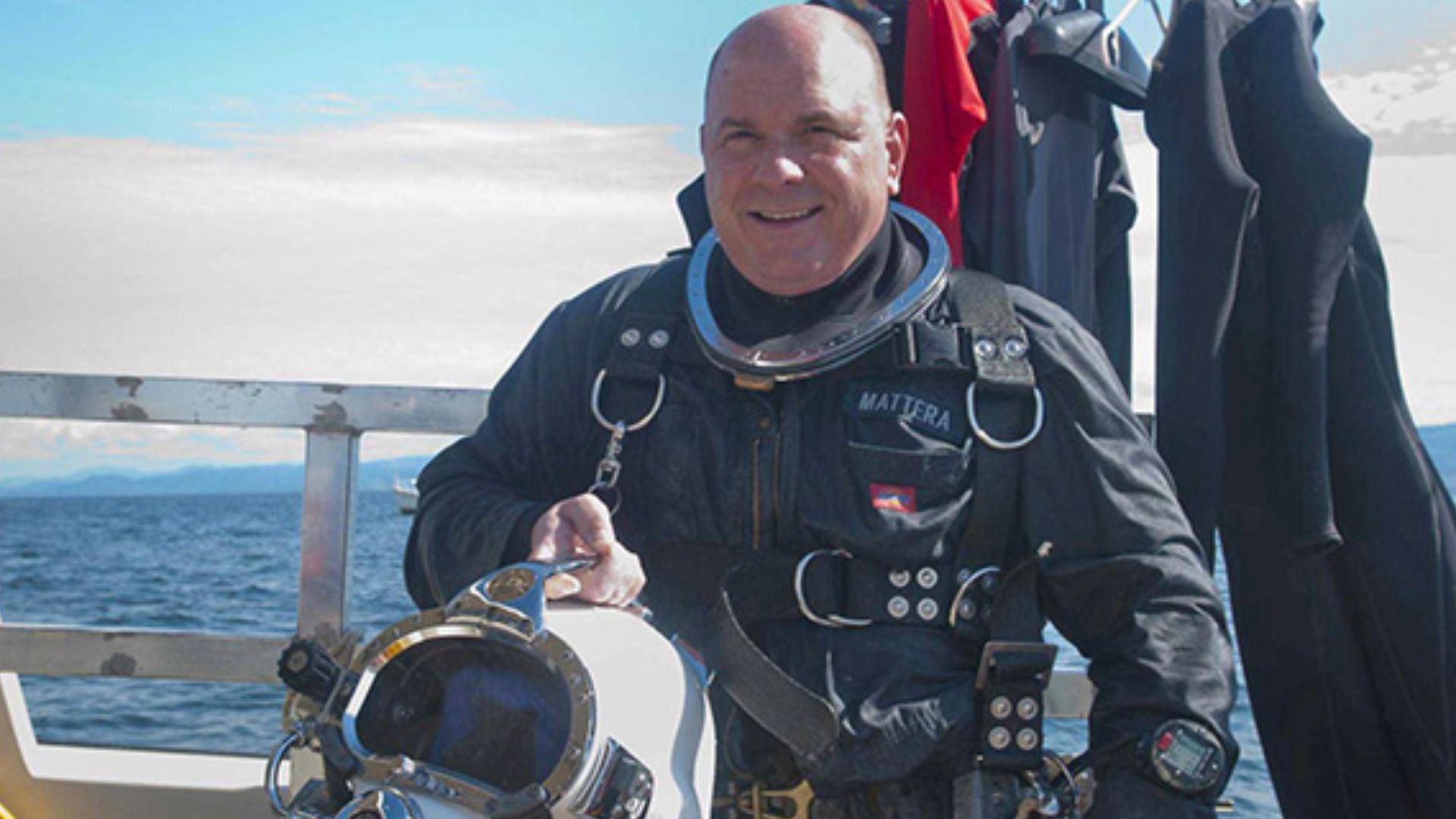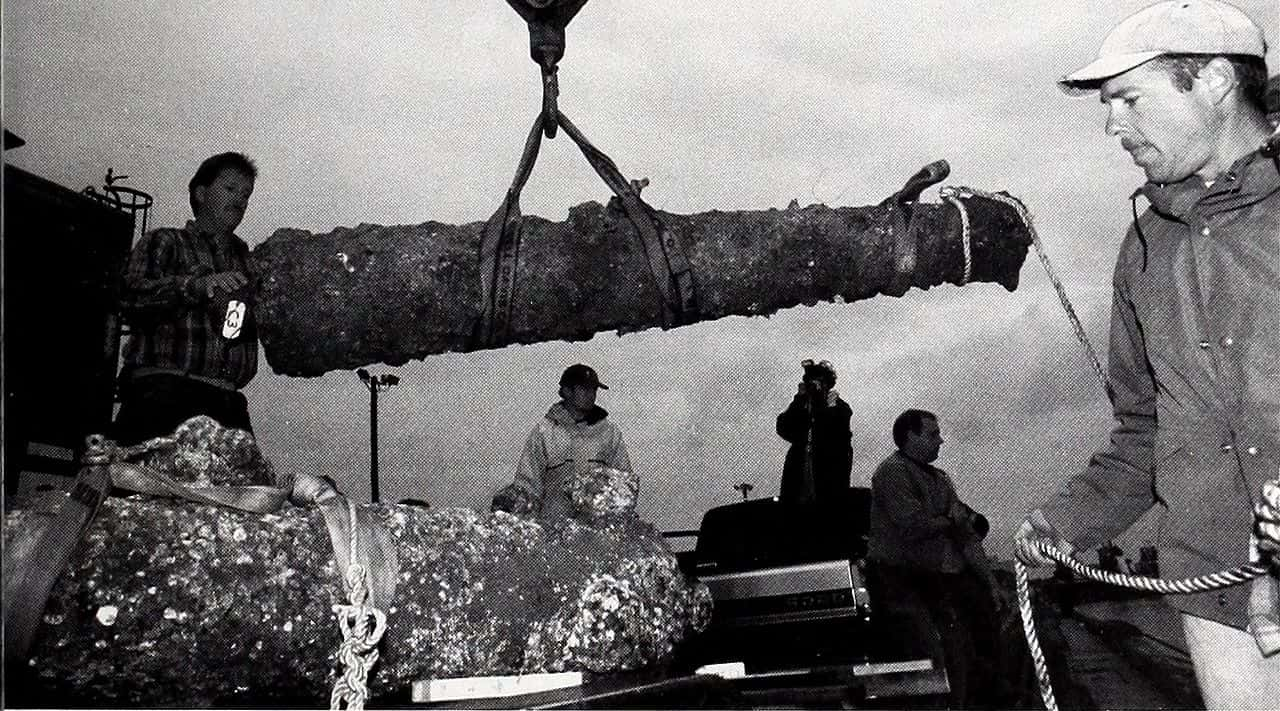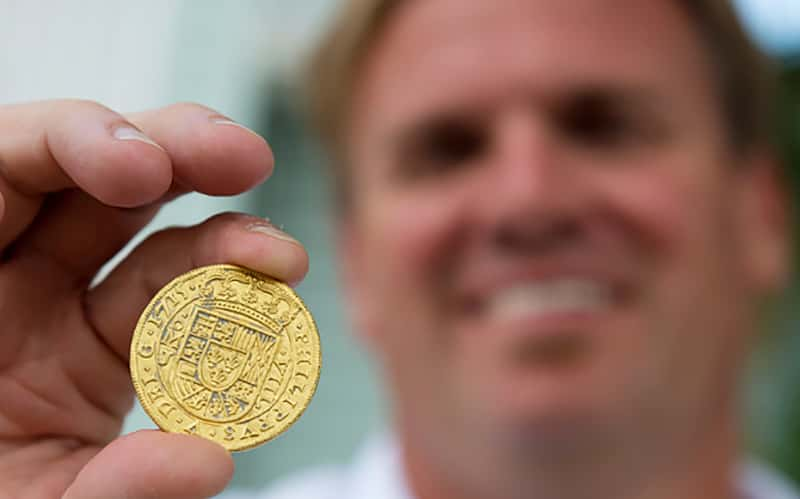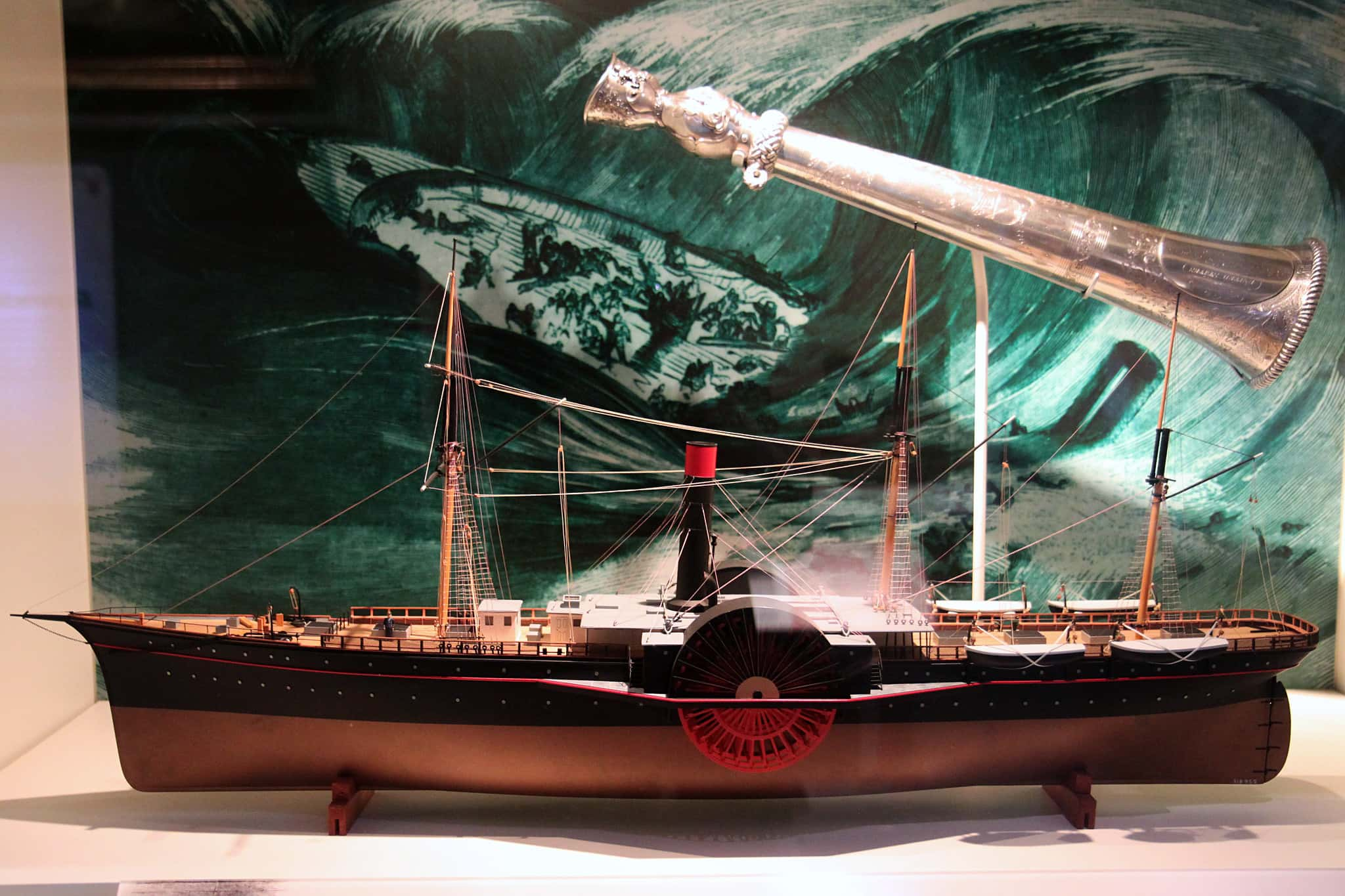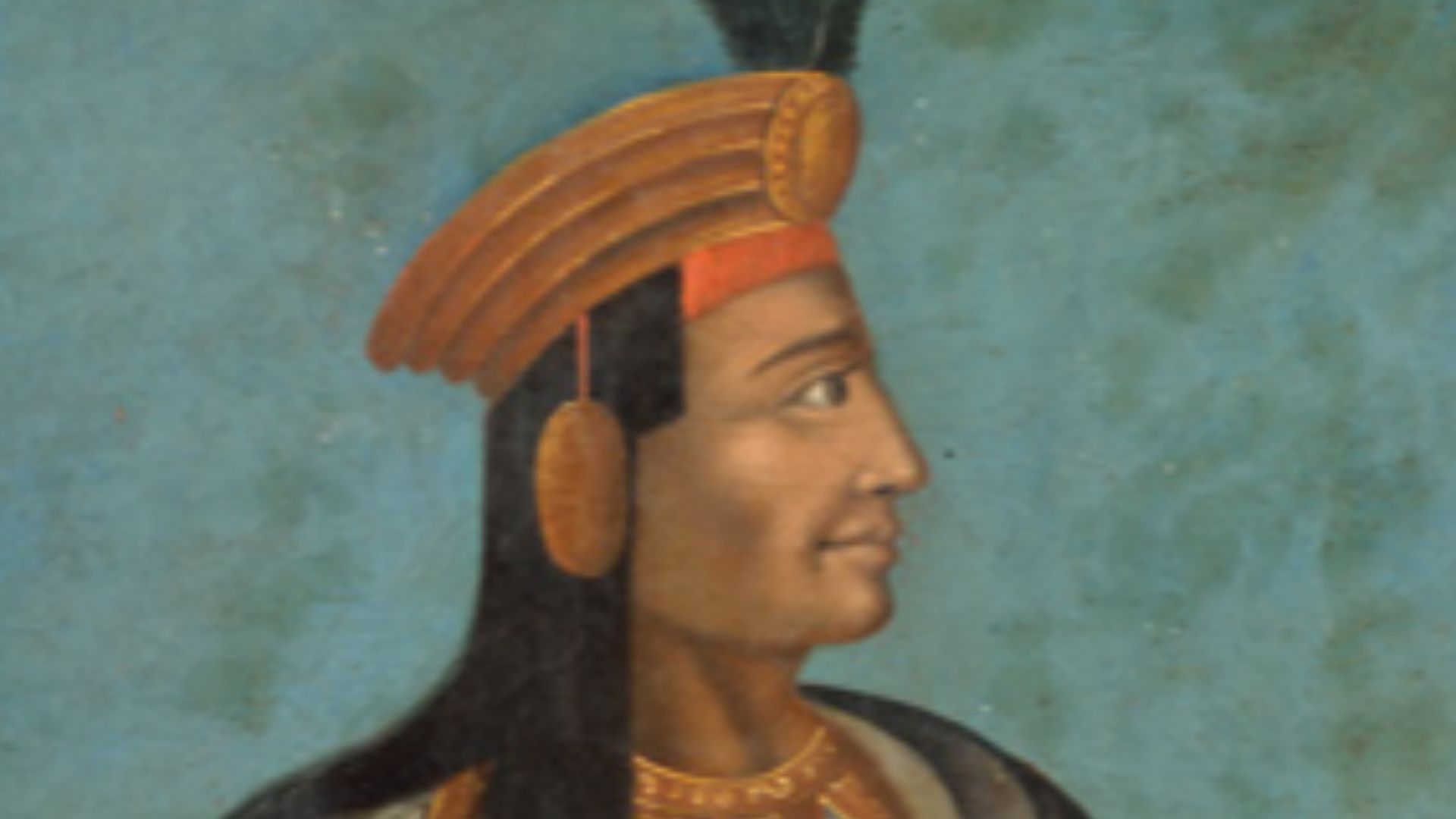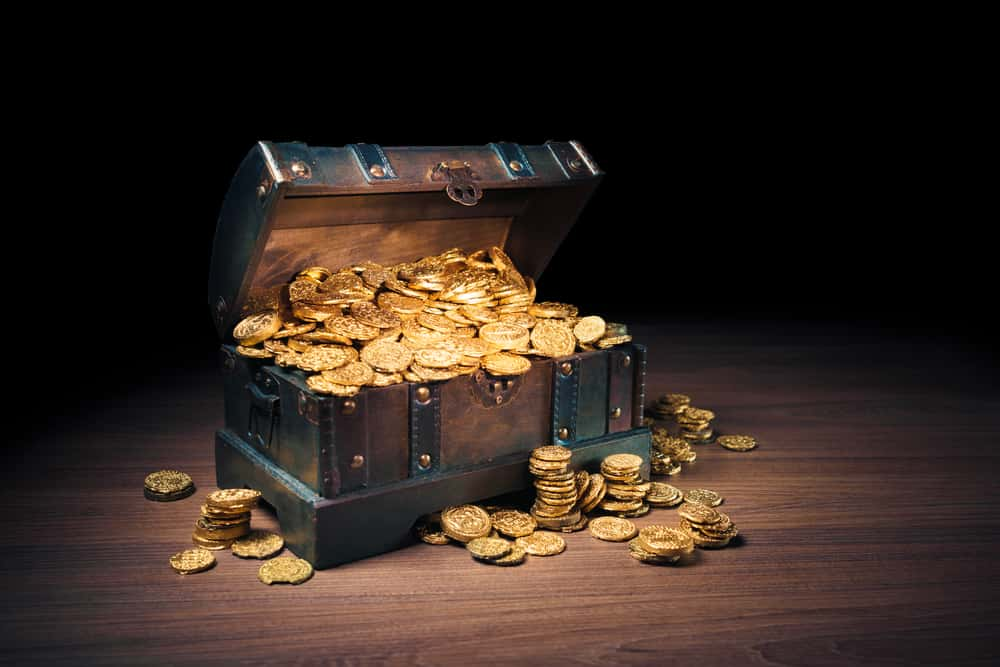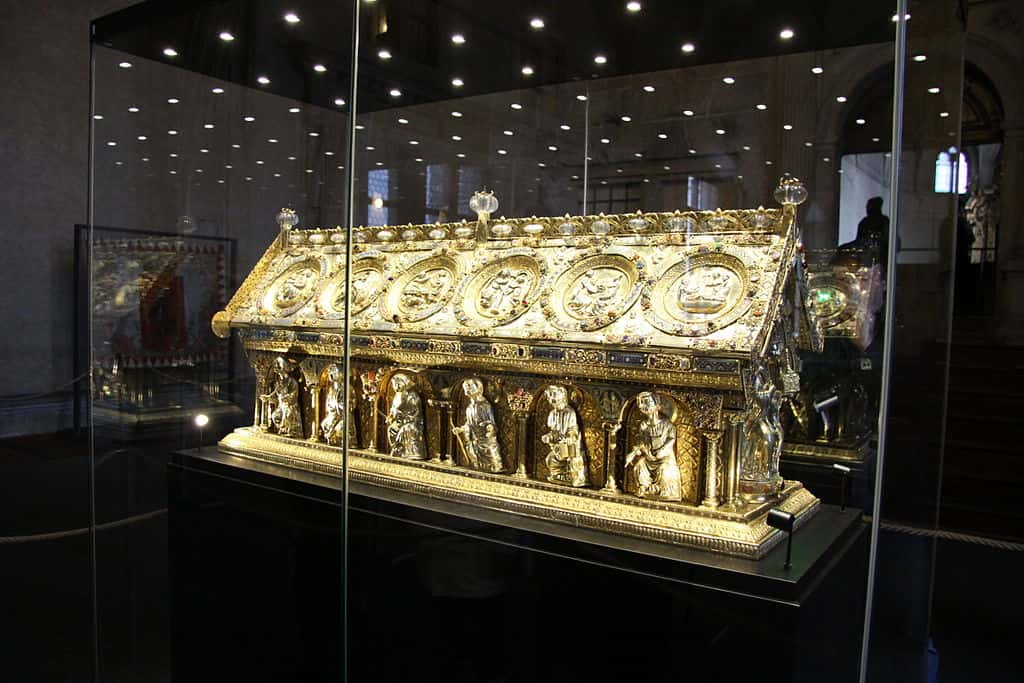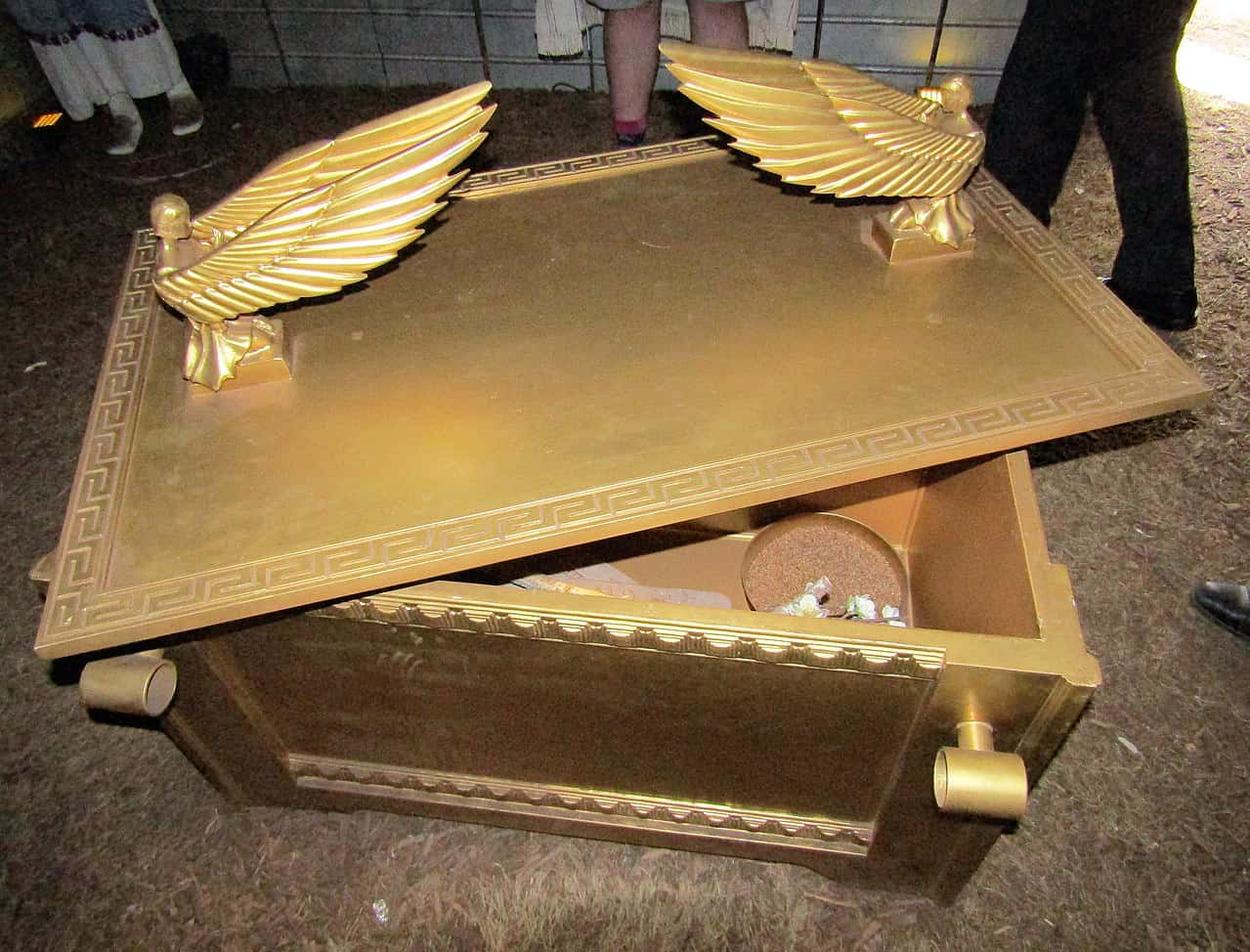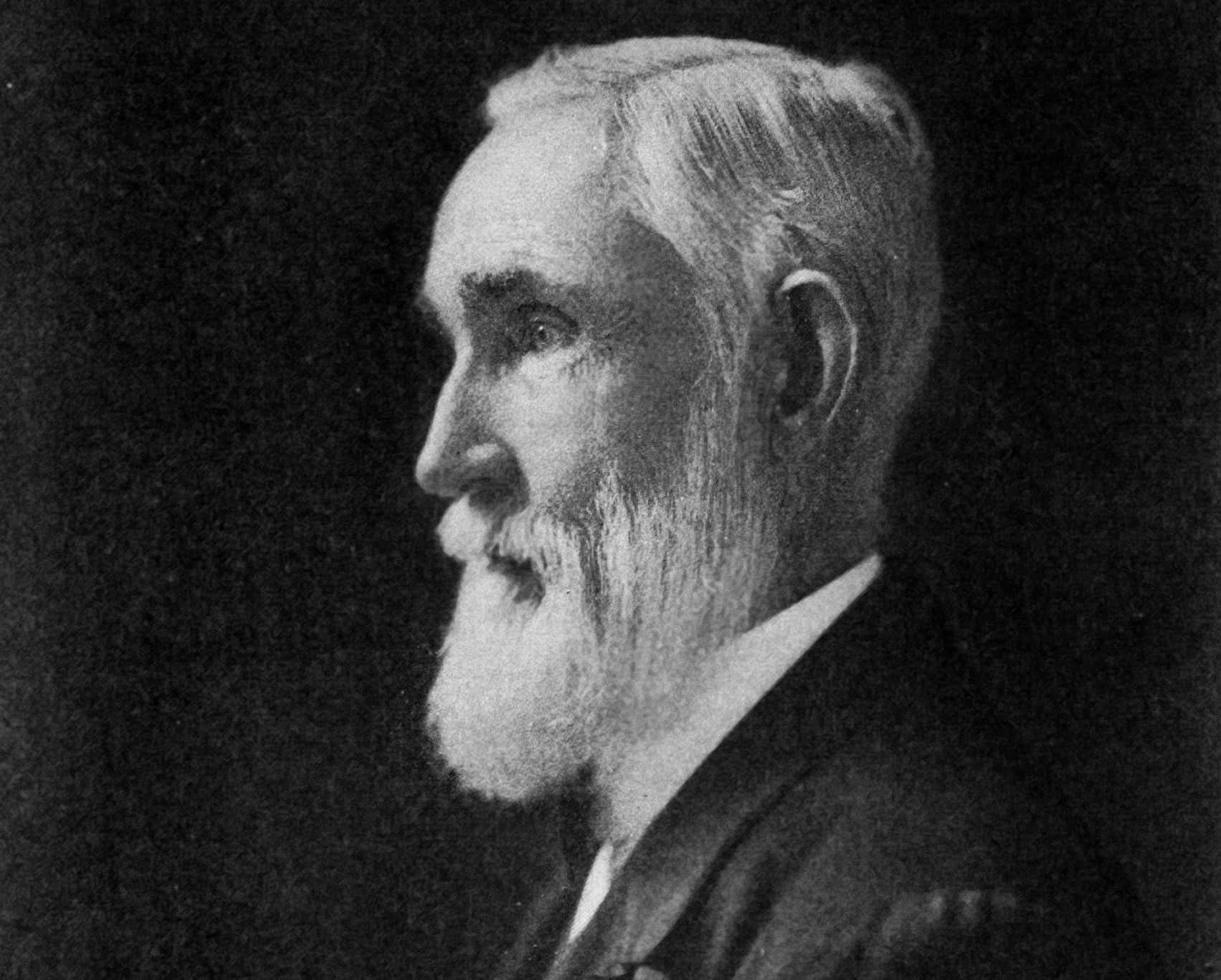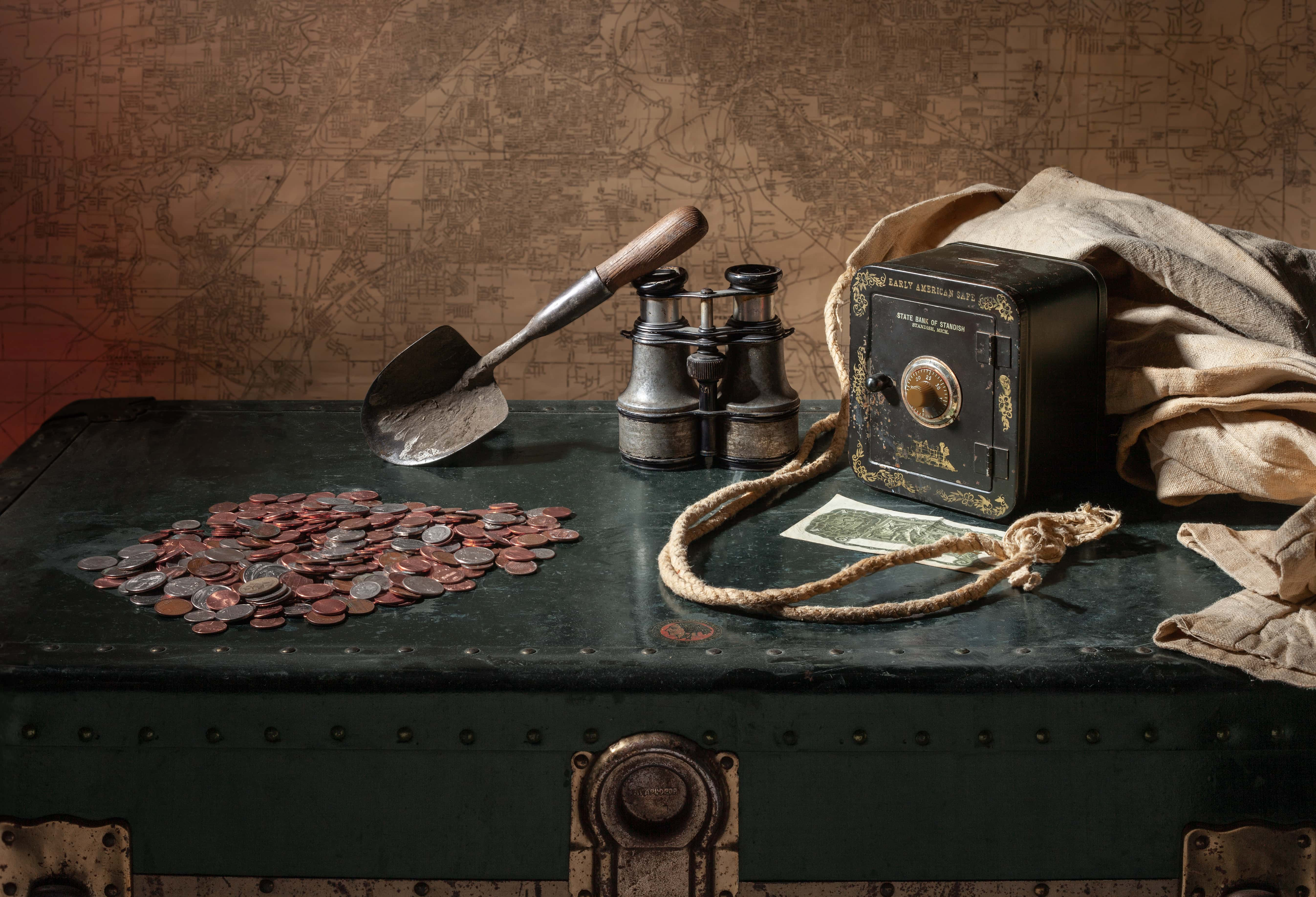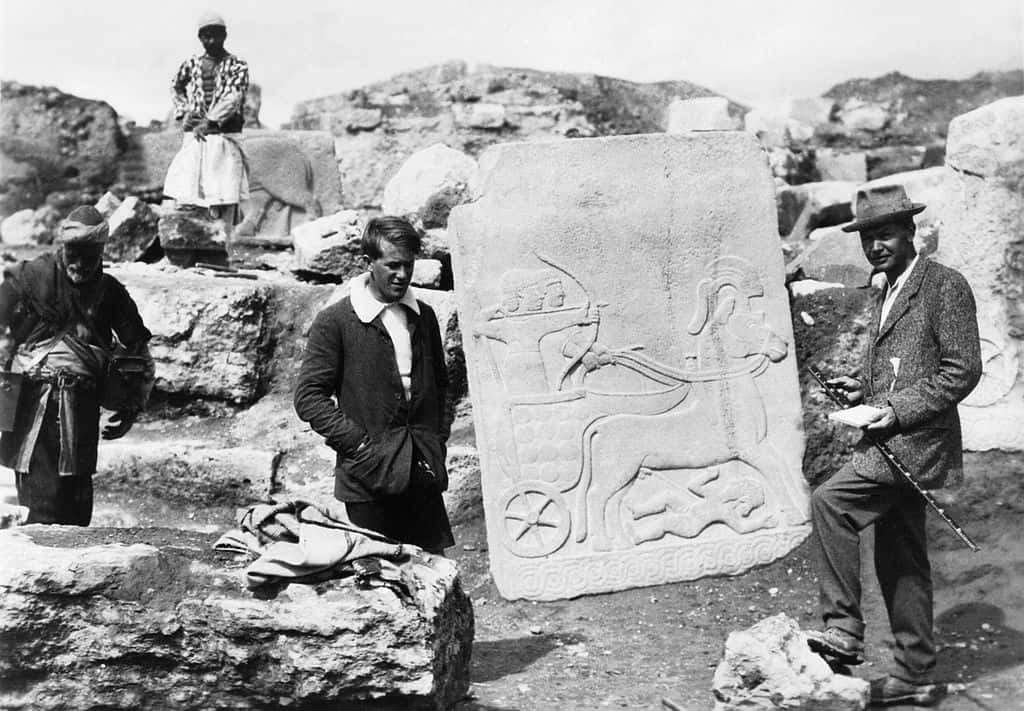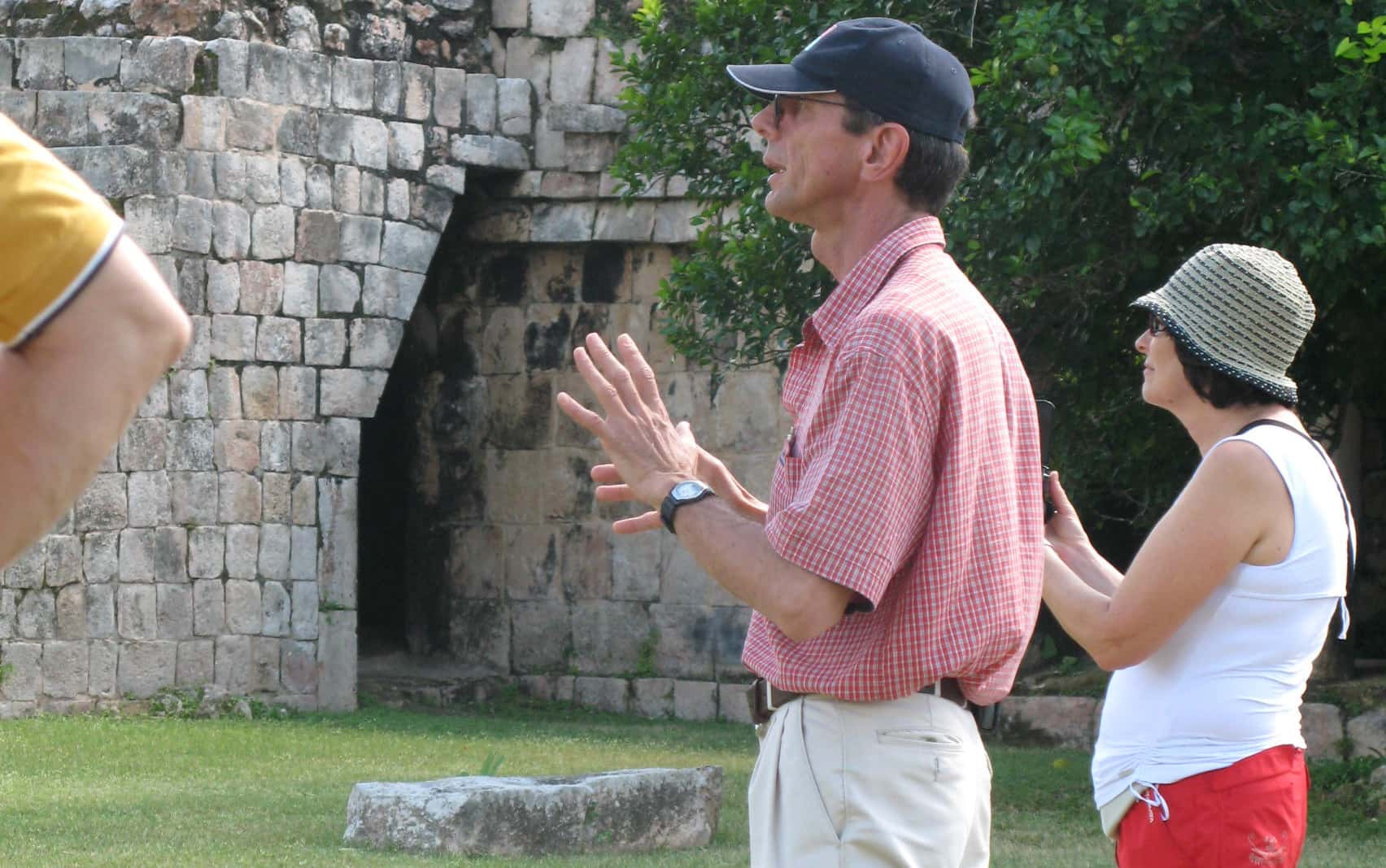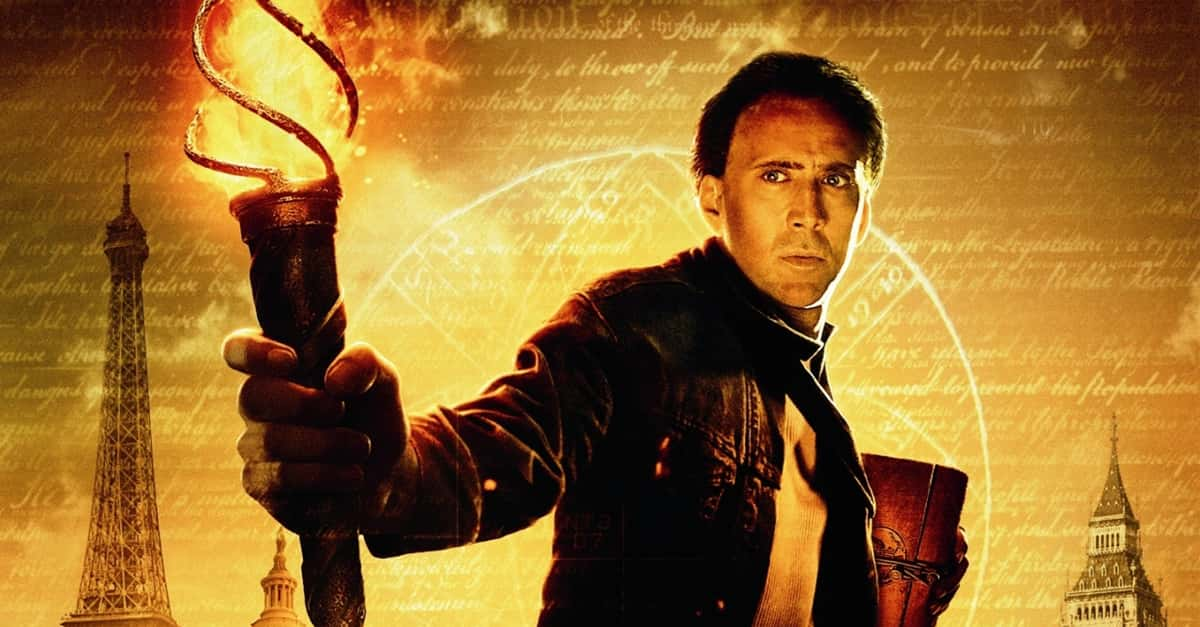Treasure Hunters Who Were Real Life Indiana Joneses
“Fortune and glory, kid. Fortune and glory,” says Indiana Jones, explaining both the meaning of Shankara and also, his raison d’etre. Jones might have been a fictional character but there have actually been a lot of famous and infamous real-life treasure hunters in the world who lived a life similar to that of Jones.
T.E. Lawrence, for example, was an archaeologist who spent years in northern Syria uncovering ancient artifacts—or so he wanted people to believe. In truth, Lawrence was using his “career” as a cover for something much more heinous.
27. The Young Indy
World-renowned treasure hunter and academic Dr. E. Lee Spence might be one of the youngest successful treasure hunters ever. He found his first shipwreck when he was just twelve years old using diving gear that he had designed and built himself. Despite being stabbed underwater twice and shot once, Spence has recovered over $100 million worth of artifacts.
26. From Circus Strongman To Egyptologist
Circus strongman Giovanni Battista was more fortune hunter than academic and turned to archaeology for the money. He excavated numerous Egyptian tombs, pillaging items to sell to museums, and made more than a few enemies along the way. He captured an obelisk from Nile Island, only to have it taken from him at gunpoint by armed French agents. Battista died at the age of 45 on his way to Timbuktu.
25. Adventurer Or Con Man?
That depends upon which account of the life of Heinrich Schliemann you believe. He spoke 15 languages and was a wealthy adventurer, world traveler and amateur archaeologist who just may have discovered the ancient city of Troy. He found numerous artifacts and was an avid self-promoter, earning him the ire of the Turkish government, who tried to prevent him from further exploration with lawsuits. He claimed that he was the one who found Troy at the Turkish city of Hisarlik but his “discovery” was actually based on the work of Frank Calvert, who had told him where to look. Schliemann never gave any credit to Calvert.
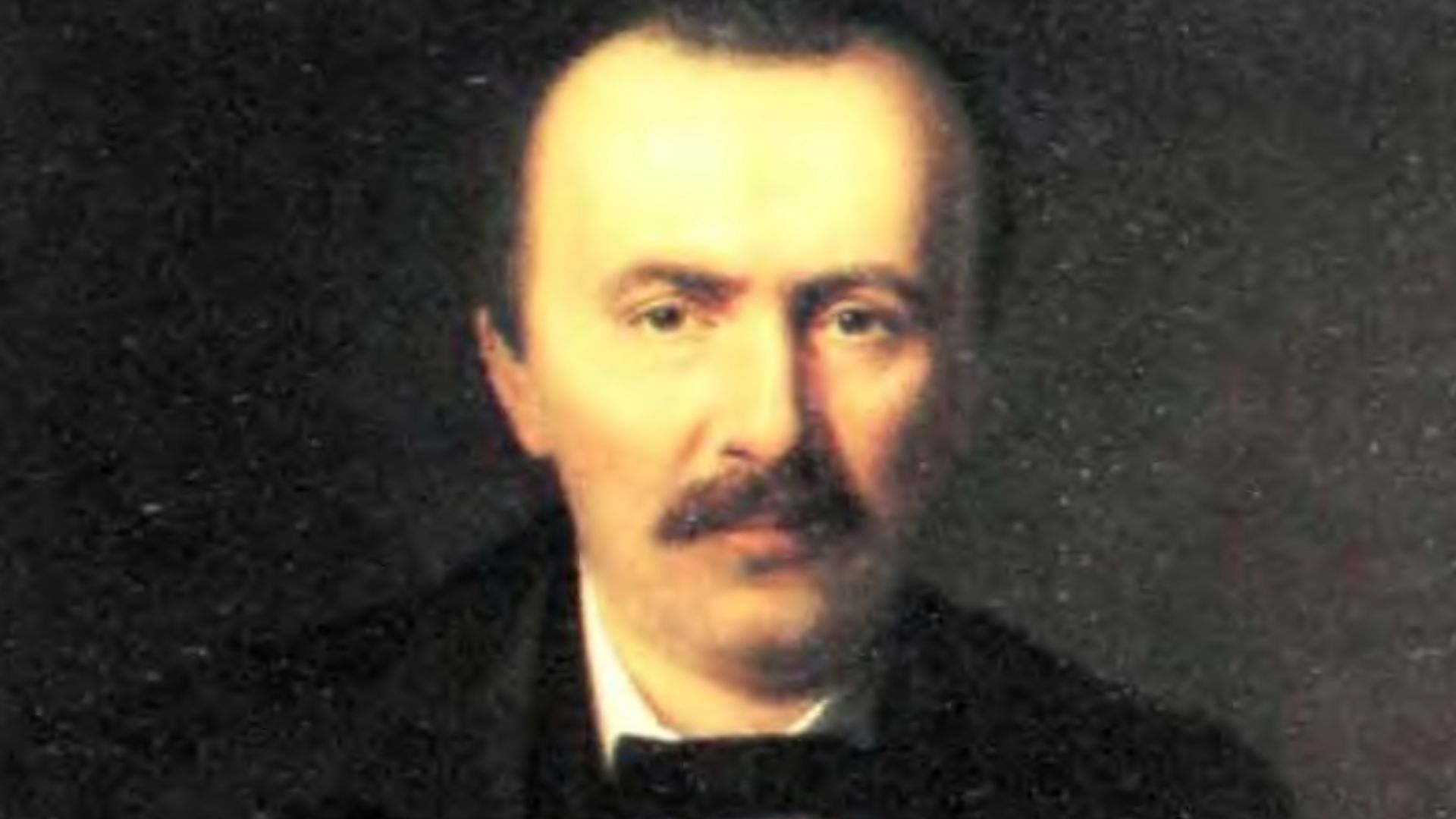 Sydney Hodges, Wikimedia Commons
Sydney Hodges, Wikimedia Commons
24. From Chicken Farmer To Horatio Alger
Mel Fisher started out as a chicken farmer with an obsession for undersea treasure hunting. He spent 16 years searching for the Nuestra Senora de Atocha which sank in 1622 off of Florida while accumulating hundreds of thousands of dollars in coins, jewelry and gold bars on the sea floor. He never lost faith that he would eventually find the ship and started every day with the mantra “This will be the day!” The shipwreck was finally located in 1985 by Fisher’s son, and over $400 million in treasure was recovered and shared amongst the Fisher family, a few investors, and lawyers. This find led directly to a law passed by Congress to prevent people from pillaging and profiting from shipwrecks.
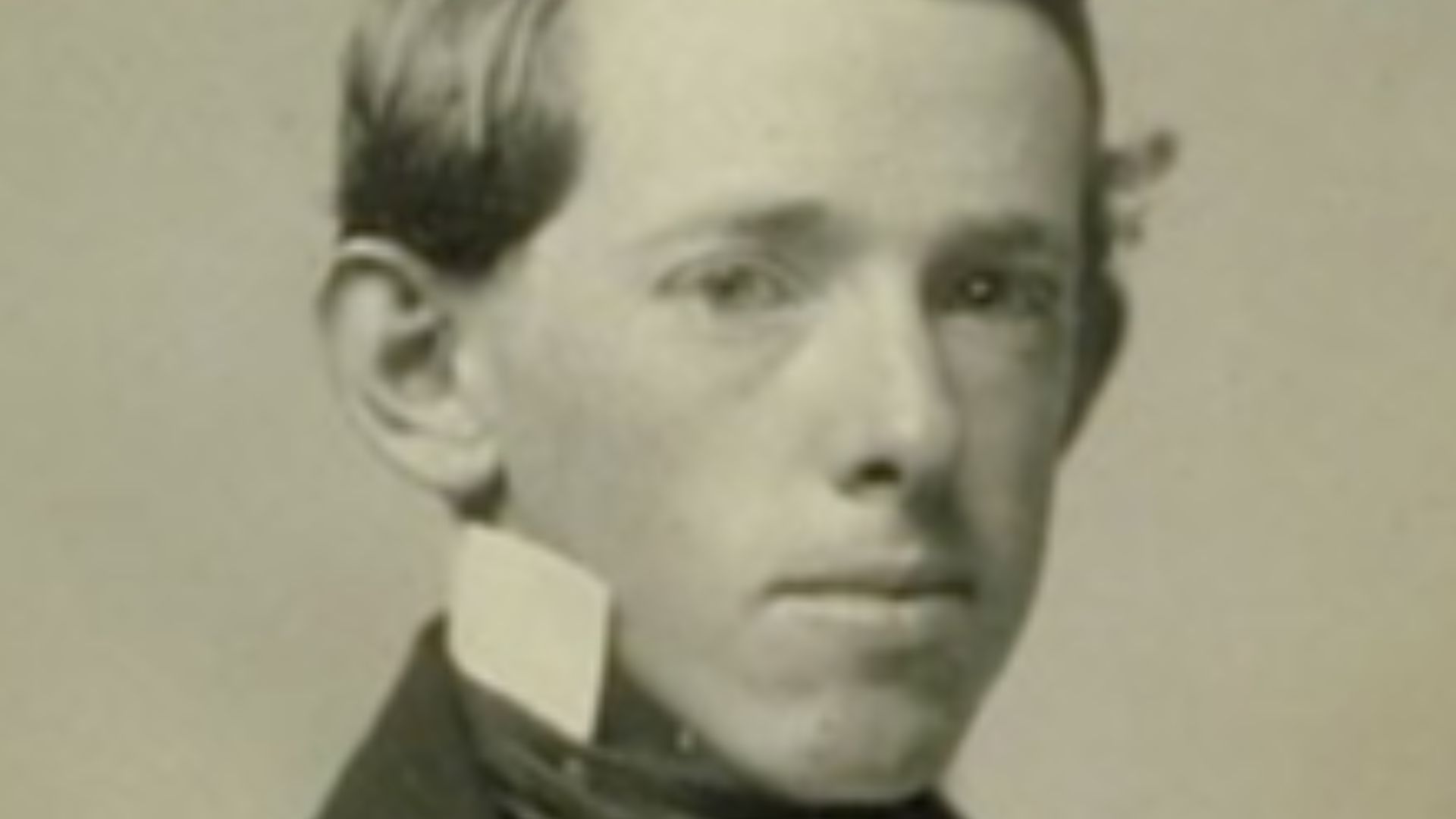 Whipple, John Adams, Wikimedia Commons
Whipple, John Adams, Wikimedia Commons
23. From Runaway To Adventurer
Robert Marx was so consumed by thoughts of adventure he frequently ran away from home and was eventually sentenced to a juvenile detention facility for awhile, before joining the Marines by lying about his age. While diving for treasure, Marx heard that Bahamian police were on the way to arrest him, he quickly unmarked his find making it impossible for rivals or the government to find. He was then briefly arrested by the coast guard, who had been told that he was carrying marijuana onboard. He wasn’t. Marx has made over 5000 dives and discovered countless wrecks.
22. The Shadow Diver
John Chatterton has been involved in exploring some of the most famous shipwrecks in the world from the RMS Lusitania to the Titanic, as well as the Turkish search for the ill-fated Struma, which was involved in helping Jews escape the Holocaust and was reportedly sunk by a German submarine. In 1991, he found the wreck of a German submarine, U-869, just off the coast of New Jersey. He searched for years to find the Golden Fleece, a 17th-century pirate ship, before finding it in 2008, after spending years combing historical documents fighting off both hostile governments and challenges from other treasure hunters.
21. His Darker Side
John Mattera didn’t start out as an academic. He is a former nightclub owner, a bodyguard and a loan shark that some describe as a “tough guy.” He’s also a gifted treasure hunter who helped find a pirate ship named the Golden Fleece along with fellow treasure hunter John Chatterton. For years people had searched for the wreck in one area, but Chatterton and Mattera believed their fellow treasure hunters were being purposely misled by the historical “hints” left by the infamous pirate John Bannister. They fought off drug dealers who wanted to steal their boats and faced the perils of diving in a remote area filled with smugglers and drug traffickers, far away from both the coast guard and civilization.
20. Amateur History Sleuth
Phillip Masters was a salesman, cab driver, and stockbroker with an odd obsession. He spent every spare moment searching libraries for information on the ruthless pirate Blackbeard, who famously once forced a captive to eat his own ear. Masters even took an intensive course in Spanish so that he could read original documents in the Seville archives. Eventually, he found a clue that suggested that a pirate ship named the Queen Anne’s Revenge had actually run aground just off the coast of North Carolina and he convinced archaeologists and experts to help him find it. In 1996, the group found the Queen Anne’s Revenge, one of the most complete pirate shipwrecks ever found.

History's most fascinating stories and darkest secrets, delivered to your inbox daily.
19. The Queen’s Jewels
When Brent Brisben and Eric Schmidt discovered $1 million in Spanish gold and silver coins on a shipwreck just off the Florida coast, they kept it quiet. They knew there were more to be found. Sure enough, just a few months later they discovered another find—an additional 350 coins—this haul worth $4.5 million. The ships they discovered were from a fleet of 11 Spanish ships that sank during a hurricane in 1715. Even cooler? The coins were found in water that was barely six feet deep near Vero Beach, meaning that people had been swimming around them for years.
18. Death, Defied
Captain Robert McKinnon has defied death many times in his relentless search for shipwrecks and treasure off the shores of Cape Breton Island, Nova Scotia. The area is known as the Death Coast because of its hazardous reefs and dangerous currents, yet McKinnon has repeatedly risked his life in these frigid waters to locate ships dating back to the Revolutionary War and the War of 1812. In one ship, McKinnon found American gold coins, as well as China and silverware from President Madison’s own table, taken when the British and Canadians raided the White House during the War of 1812. All three governments continue to fight over the spoils.
17. A Real-Life Pirate?
With a patch over his eye from a childhood accident, Martin Bayerle looks the part of a real-life pirate. In fact, he’s been convicted of voluntary manslaughter for the murder of his wife’s “lover,” and he claimed that he was protecting his family. After his release from jail, he became obsessed with finding the wreck of The Republic, the largest ship of its time that sank just off the coast of New England in 2009. The ship was rumored to carry a fortune in gold. Although Bayerle found parts of the ship and a well-stocked wine cellar boasting nearly 100-year-old wine and champagne, he was unable to locate the part of the ship containing the gold. He continues to research the wreck and located evidence that the ship may have carried $2 billion in gold that was being secretly shipped to Russian Tsar “Bloody” Nicholas II.
16. California Gold
In 1988, Tommy G. Thompson finally found the treasure he had long searched for on the bottom of the Atlantic Ocean. The SS Central America carried three tonnes of California gold. Thompson found all of it and was immediately celebrated as a hero, innovator and a brilliant explorer, but he didn’t want to share his find. He went on the run for nearly two decades, pursued by federal authorities and investors until he was finally arrested in a luxury hotel in Palm Beach. He pled guilty to contempt of court and claimed that the gold was in Belize, but he couldn’t remember who he had given it to. He is currently being held in jail until he remembers, and is being fined $1,000 a day.
15. Barth Blake
In the 16th century, couriers of Incan King Atahualpa hid a ransom of gold and other treasures in a mountain cave when they heard that their captured king was dead. It was lost for over three hundred years until 1886 when treasure hunter Barth Blake used ancient documents to locate the treasure. He wrote about loads of jewelry and vases full of emeralds, so much that a thousand men could not carry them. Blake mysteriously disappeared on his way home to New York and the so-called cave of wonders was lost again.
14. Reverse Treasure Hunter
Forrest Fenn, another alliteratively named entry on this list, was a military pilot who took survival training in the Philippines before beginning a career writing and dealing in art and antiquities. The FBI once raided his home looking for looted artifacts. When he was stricken with cancer in 2010, Fenn loaded a chest with treasure and hid it somewhere in New Mexico, thinking he’d leave a legacy after his death. Fenn lived, but the treasure, rumored to be worth over $1 million, has never been found. Two people have died while searching for it and Fenn himself confirms that searchers have come within 200 feet of the treasure. They still haven’t found it.
13. When Life Mirrors Art
William Montgomery McGovern was an adventurer whose exploits rivaled those of the fictional Indiana Jones, before he settled down to the staid life of an academic—again, just like Jones—as assistant curator of anthropology at Chicago’s Field Museum of Natural History. By the age of 30, he had explored the Amazon, climbed the Himalayas, survived the Mexican revolution, and disguised himself to enter a secret Tibetan City. He also managed to find time to study at Oxford and the Sorbonne. During WWII, he produced a top-secret paper read by President Roosevelt and the Joint Chiefs, detailing his observations from behind enemy lines.
 Bassano Ltd, Wikimedia Commons
Bassano Ltd, Wikimedia Commons
12. Tomb Raider
Real-life tomb raider Donald Miller spent a lifetime amassing an impressive collection of artifacts pilfered from the countries he had visited over his life. At age 91, however, the Indiana resident lost most of it when the FBI raided his home. They found thousands of artifacts including Aztec figurines, Ming Dynasty jade and an Egyptian sarcophagus, and began the process of returning the pieces to their country of origin. Miller was never charged and died a year later in 2015.
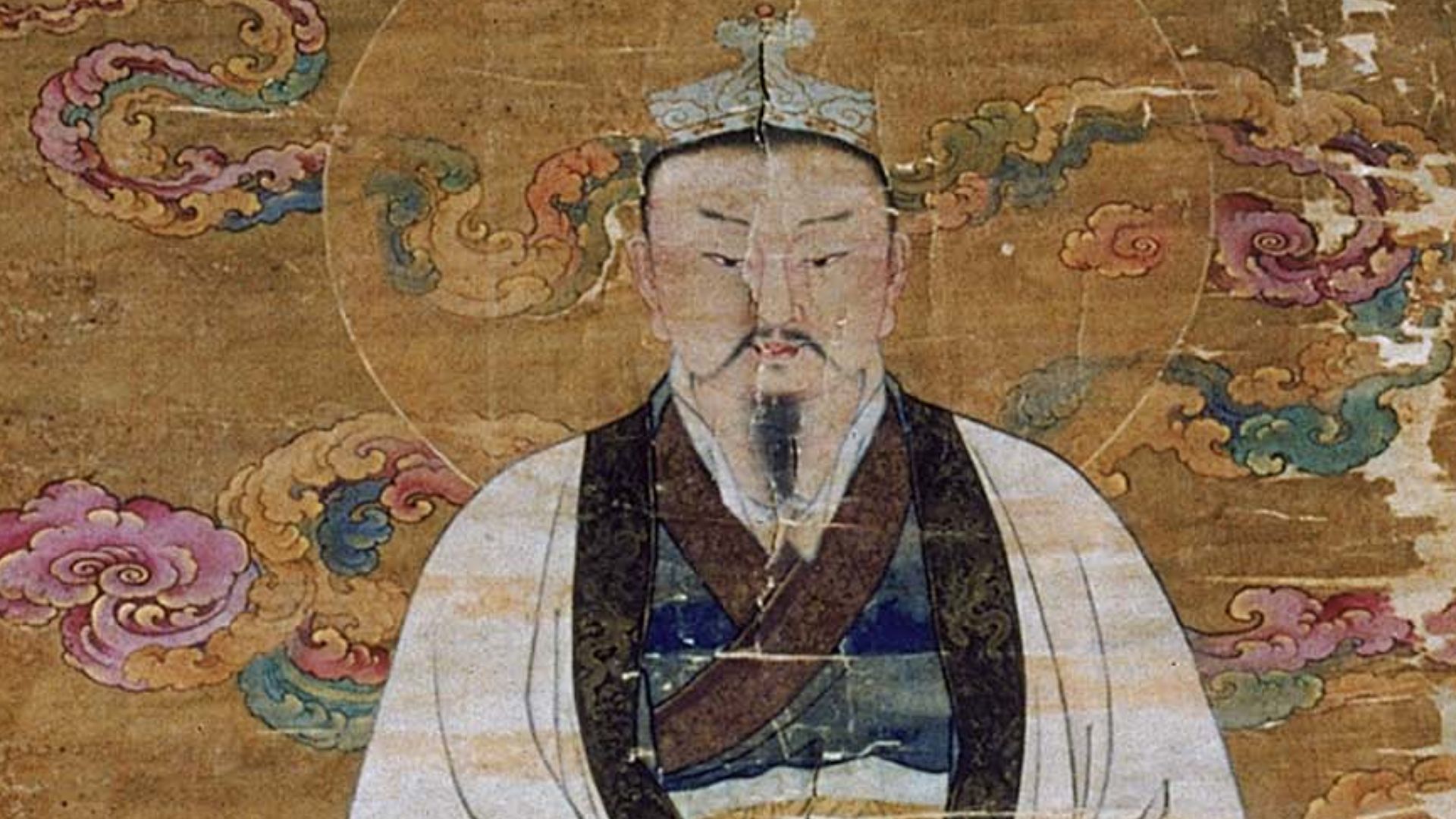 AnonymousUnknown author, Wikimedia Commons
AnonymousUnknown author, Wikimedia Commons
11. The Adventuring Archeologist
Robert John Braidwood is often cited as the real-life inspiration for Indiana Jones, as both taught at the University of Chicago. Braidwood carried out archaeological digs in numerous war-torn countries like Iraq, Iran, and Turkey. Each time war broke out he would escape, smuggling his discoveries, and his tools, with him. He didn’t find the Holy Grail, but he and his wife, fellow archaeologist Linda Braidwood, found the earliest known sample of human blood, the earliest example of hand-worked natural copper and the oldest piece of cloth ever found.
10. Lost Shrine
During the Cold War, the Reliquary of St. Maurus, which is supposed to have contained the bones of John the Baptist, disappeared after it was stolen from a Czech family of supposed Nazi collaborators. The family hired Danny Douglas to track the treasure down and retrieve it for them. He figured out the location, but he was tracked by the local secret police, who were planning to torture or trick him into revealing the treasure to them. They even sent a female agent in to seduce him—how very Indiana Jones and the Last Crusade. They arrived together at an abandoned church and found the treasure hidden beneath the floorboards—the similarities continue! He gave it up and the spies were given credit for the find. Douglas received no mention until many years later.
9. The Ark of the Covenant
Tudor Parfitt is a British adventurer, archaeologist, and lecturer who has traveled all over the globe, discovering, among other things, one of the lost Jewish tribes that fled to Africa, and a tribe of cannibals from Papua New Guinea. He actually discovered the Ark of the Covenant not in Egypt but sitting on a storage shelf in a museum in Zimbabwe. Oh, and at one time, he liked to wear a leather hat.
8. The Anti-Jones
Otto Willhelm Rahn was, in many ways, the antithesis of Indiana Jones. Heinrich Himmler and the Nazi SS funded his treasure hunting until they discovered that he was gay and put him in the Dachau concentration camp. Even after his release, they hunted him. He was offered the chance to commit suicide and in 1938, at the age of 32, he climbed a slope on the Tyrol mountains and lay down to die. He was found frozen solid the next day. He never found the grail, but he did find countless caves and other treasures for the Nazis.
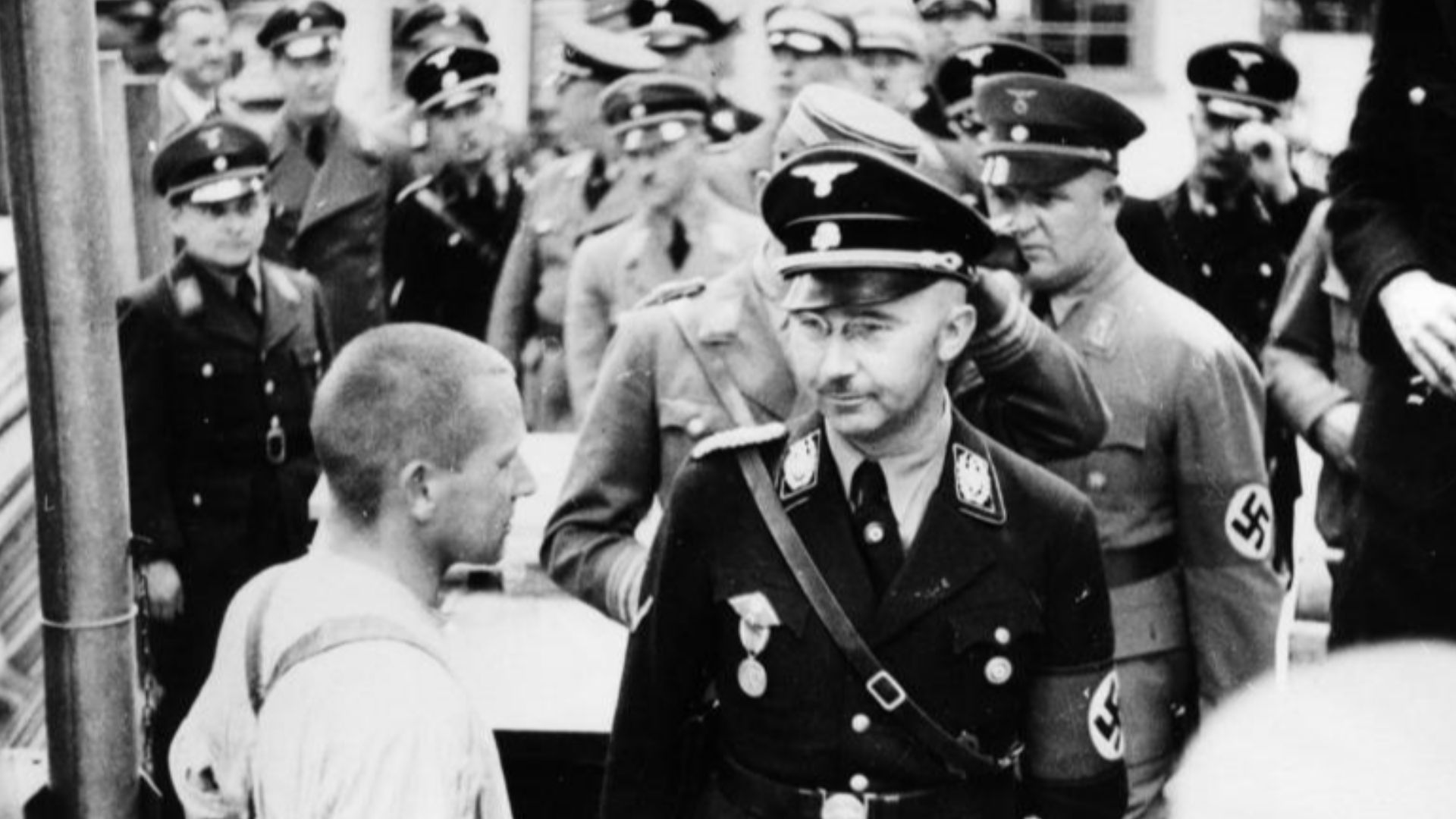 Friedrich Franz Bauer, Wikimedia Commons
Friedrich Franz Bauer, Wikimedia Commons
7. The Naturalist With a Crack Shot
Roy Chapman Andrew was a naturalist and hunter in the early 20th century who traveled through China, the Gobi Desert and Mongolia, and was the first to discover fossilized dinosaur eggs. He was also gifted with a pistol, fighting off a Mongolian attack, attacked twice by bandits and almost caught by wild gods and a huge python during his many adventures.
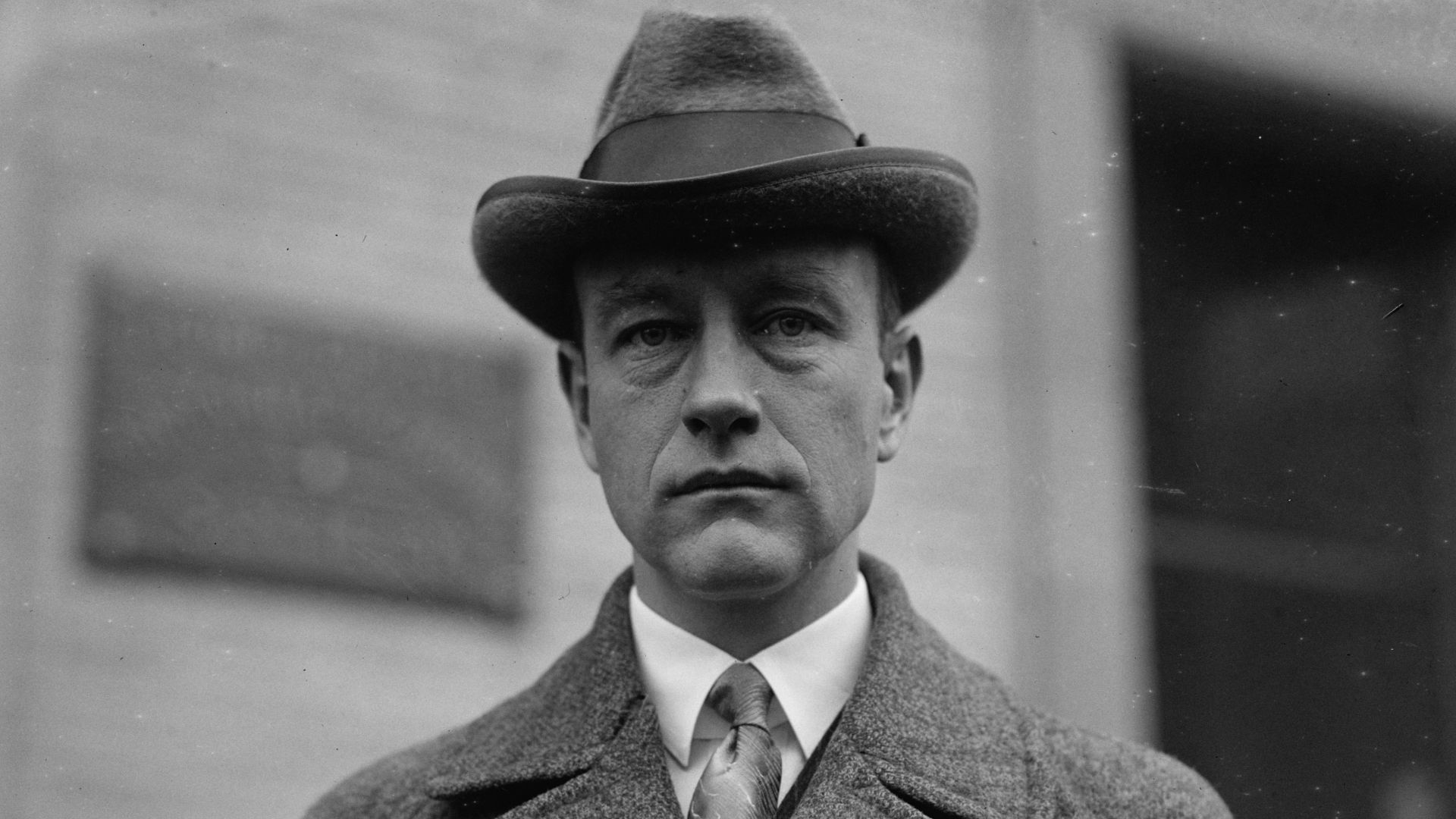 National Photo Company Collection, Wikimedia Commons
National Photo Company Collection, Wikimedia Commons
6. The Lost Kingdom
Unlike Indiana Jones, Hiram Bingham II had no training as an academic but he did find a lost city—the ancient Quechua city of Machu Picchu, the birthplace of the Incan kings, in Peru in 1911. Despite his lack of formal training he lectured at schools like Yale on archaeology and led numerous research trips. He found the city and numerous others and collected nearly 40,000 artifacts from Machu Picchu alone including mummies, ceramics, and bones.
5. The Real Crystal Skull
Frederick Mitchell-Hedges, a 1920s English adventurer and traveler, discovered a priceless crystal skull in the collapsed alter of a temple in Belize. Mitchell-Hedges was known to believe in all kinds of myths and legends—so maybe he also believed that the crystal skull was actually part of an alien race. In terms of living an adventurous life, he was no slouch in that department either—he served as a spy in Mexico and fought jaguars and crocodiles while discovering lost civilizations and treasures.
4. Special Agent Jones
Brenton Easter has a thing for Indiana Jones. He’s dressed up as the fictional character for Halloween for nearly thirty years. But he has a lot more in common with Jones than that. Easter is a Homeland Security agent tasked with finding smugglers and recovering their loot. He has recovered more than 2,500 stolen artifacts worth at least $250 million, with a goal of returning them to their country of origin. Some of his finds include art stolen during the Holocaust and Mongolian dinosaur skeletons.
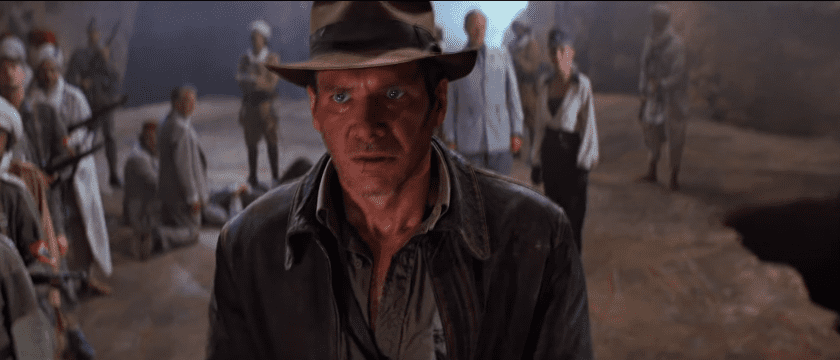 Indiana Jones and the Last Crusade,Lucasfilm Ltd.
Indiana Jones and the Last Crusade,Lucasfilm Ltd.
3. The Search for El Dorado
Adventurers have long sought the legendary jungle city of gold in South America, often known as El Dorado. In 1925, Colonel Perry Fawcett began researching the lost city and found an old document that referred to a city laden with silver. He was convinced that he could find it and ventured into the Amazonian rainforest in what is now Brazil to find a lost city he called “Z.” He and his team were never seen again. Countless rescue missions were launched but no sign of him or anyone else could be found. Were they killed by Amazonian tribesmen? By wild animals? No one knows, they simply vanished.
2. Lawrence of Arabia
T.E. Lawrence was a diplomat, soldier, and spy who spent several years as an archaeologist in northern Syria and then used his role as an archeologist as a cover for his spy games. He fought with Bedouin guerillas during the 1916-1918 Arab Revolt and lead a dramatic attack on a Turkish military train.
1. The Real Deal
Another real-life Indiana Jones, Slovenian archaeologist, Ivan Sprajc, has fought off snakes, jaguars and angry locals. After being stranded in Mexico by the outbreak of war in Yugoslavia in 1991, he began working to find lost Mayan cities. He’s discovered at least three, including civilizations that date back to the 8th century.
Sources: 1, 2, 3, 4, 5, 6, 7, 8, 9, 10, 11, 12, 13, 14, 15, 16, 17, 18, 19, 20, 21, 22, 23, 24, 25, 26, 27, 28, 29, 30, 31, 32, 33, 34, 35, 36, 37, 38, 39

